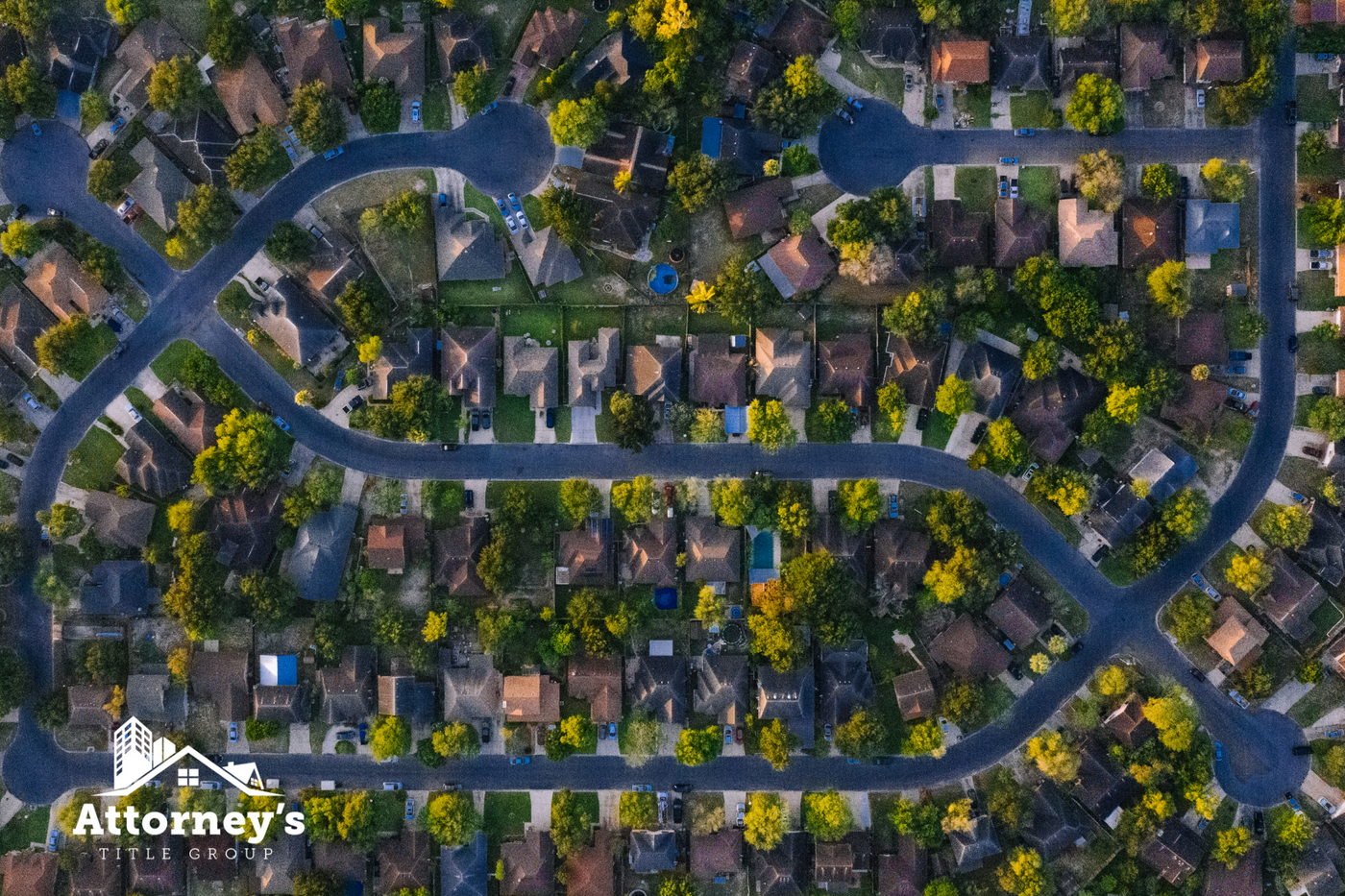Residential communities with a governing document (such as a bill of assurance or declaration of covenants, conditions and restrictions) foster a cohesive, clean, neighborhood atmosphere. They spare property owners some responsibilities while also requiring those property owners to follow certain rules and regulations. A BOA will have its own set of rules, regulations and procedures. The BOA can help you better understand your role and responsibilities as a homeowner in your community.
In general, a BOA will typically include the following items:
- Minimum square footage requirements for houses;
- Minimum setbacks from the lot line for the front and sometimes the side of the house;
- Easements for utilities;
- Dedication of streets to the public;
- An Architectural Control Committee to ensure a general uniformity of appearance;
- Creation of a homeowner’s association (HOA) to enforce the BOA, manage green spaces and common areas, and to file liens against homeowners who are delinquent in paying annual HOA assessments
Bills of Assurance aren’t mere suggestions for residents. Once you buy a property in a community with a BOA, you agree to follow the rules accordingly. There’s no way to opt out, and if you disagree with a particular rule, you’ll have to work together with your neighbors to change it. Bills of Assurance are powerful, and challenging the documents could be time-consuming and expensive.
Rules aren’t always enforced the way the BOA intends. You may construct a non-compliant backyard gazebo and not face action for several years. If the HOA board is busy with other business, they may wait to levy fines. Still, punitive measures can be taken, so it’s best to abide by the letter of the BOAs requirements.
Of course, there are checks and balances in place to protect homeowners. There are times when a BOA can be very helpful. Still, some people find the mere existence of BOAs burdensome. If the idea of abiding by certain neighborhood rules doesn’t appeal to you, be sure to check on whether or not the property is in an HOA neighborhood.
Once you’ve found your perfect property, BOA or not, we hope that you’ll choose Attorney’s Title Group for your closing. You or your agent can reach out to us anytime at (501) 734-2233 or via email: atg@youratg.com.

